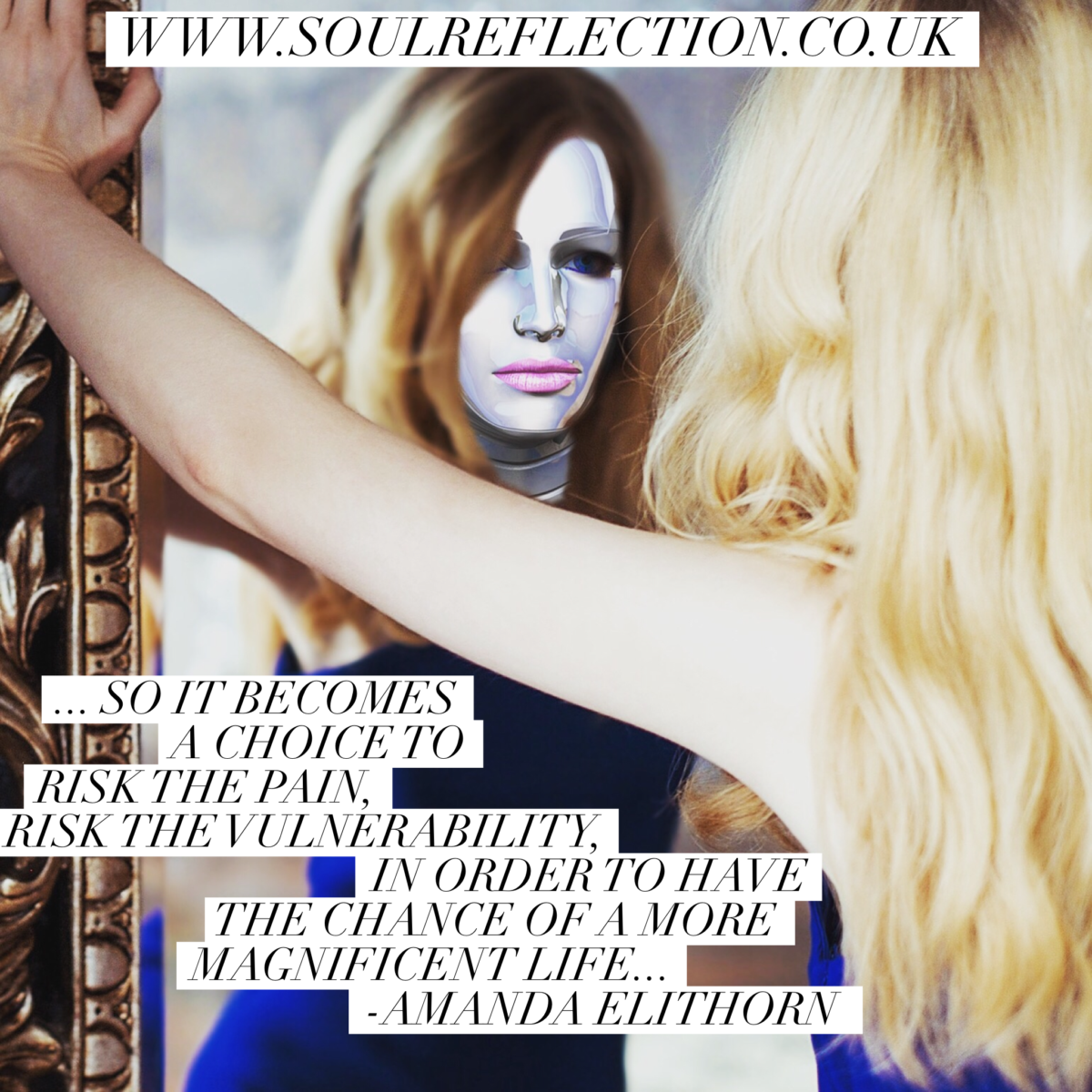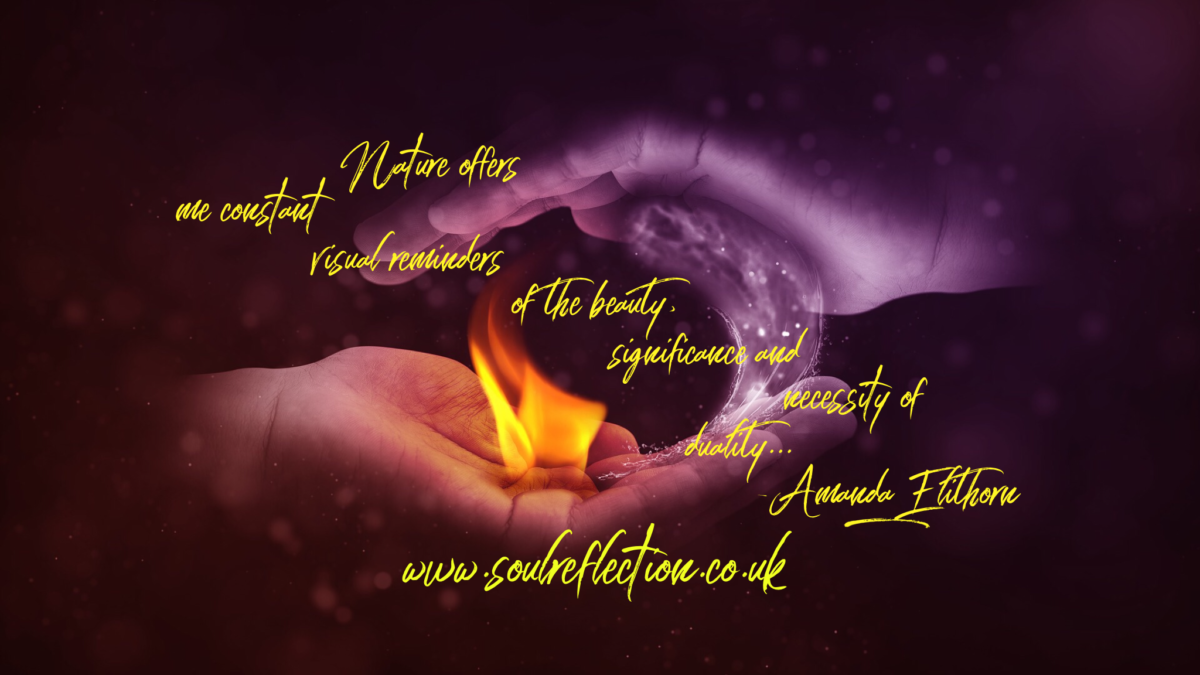When I was a teenager, my mother and I would get into vitriolic arguments, on a not infrequent basis, and I remember very clearly reaching a place where I said to myself ‘I will not let her see how much she hurts me’. I quickly learned how to respond to pain with a cold, hard exterior.
She was no longer able to see the effects of her words and actions on my soul, as much as they still wounded me internally. I felt more protected, safe and in control when my shutters came down and I could bat away the slights.
I needed to do that then, I didn’t have any other tools and it was a question of emotional survival. But during the recent weeks of upheaval in my relationship, I have realised how ingrained that technique is in my psyche and how disconnecting and triggering it has been to my partner.
As my awareness on this grows, I’ve noticed how many people hold similar traits, how natural our defensive hard stances are in response to perceived attack. I observe how the current representation of feminism seems to echo this too. Our societal responses are cold, hard and super boundaried.
And I get it, I haven’t been cold and hard to my partner because he’s an innocent bystander, we have created a dynamic between us that ping-pongs back and forth between our defence mechanisms. It is understandable that we have wanted to protect ourselves, sometimes from real threat, more often from projected theories, but it has not helped us to grow, to learn and discover our heartfelt truths.
In these past weeks when I’ve been unable to even pretend to protect my raw feelings, when my heart has been cracked open, I have also been seen and witnessed with restorative love and gentleness. As my defences fell, so it allowed the whole structure of defences between us to crumble and for total vulnerability, total truth, to be revealed and explored.
The mirror of our souls is a tenant of my belief, that like reflects like, but that is easily forgotten when it feels so natural to create protection from harm. If my walls are up, I may be safe but I am also disconnected, so it becomes a choice to risk the pain, risk the vulnerability, in order to have the chance for a more magnificent life than one that is simply safe.


